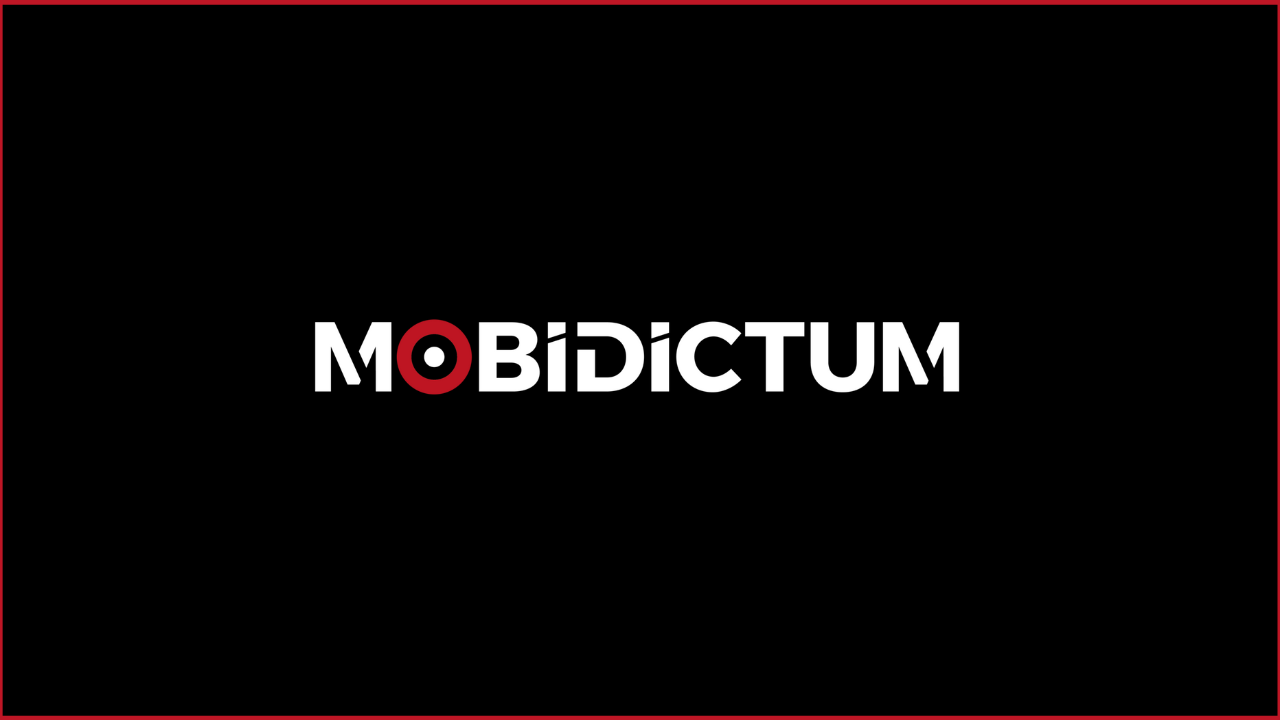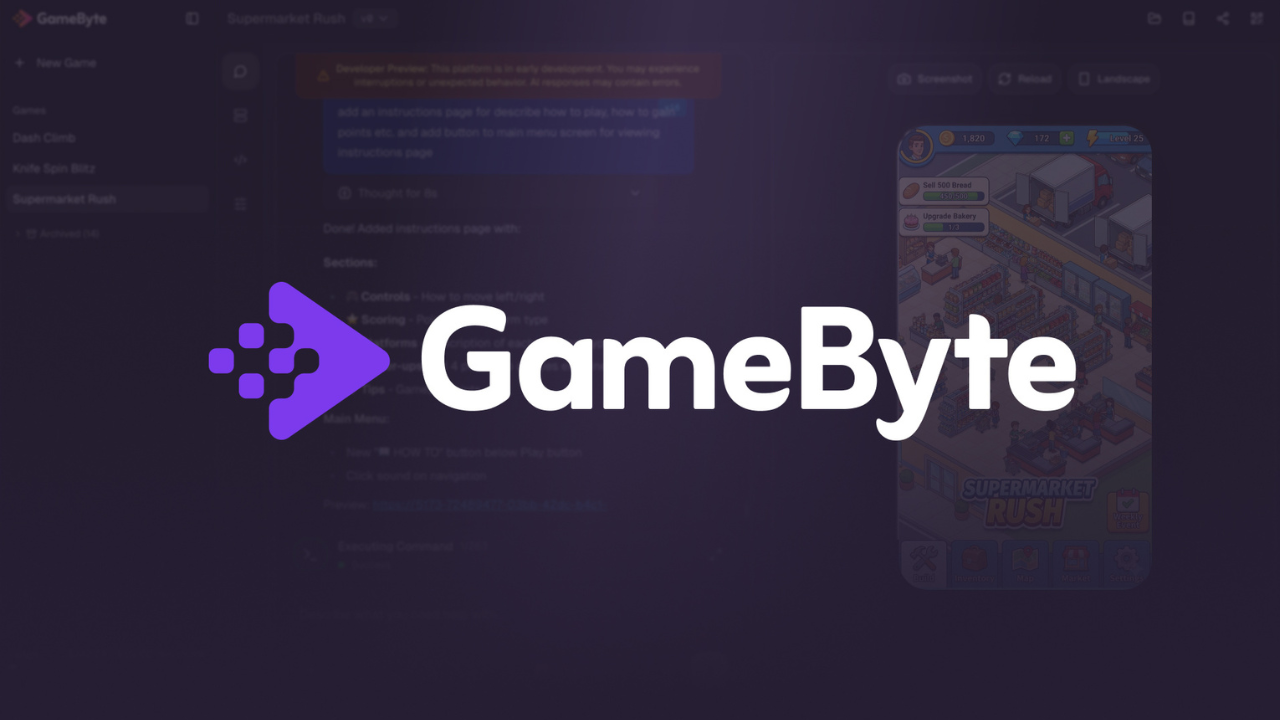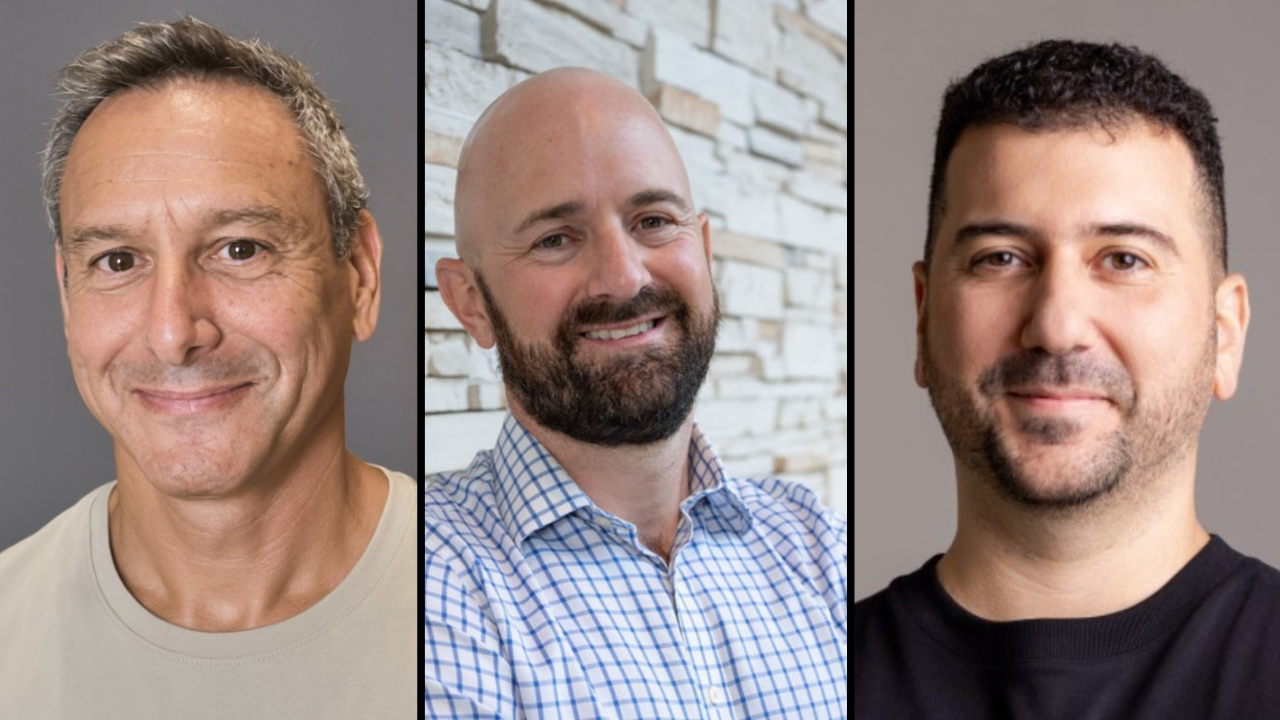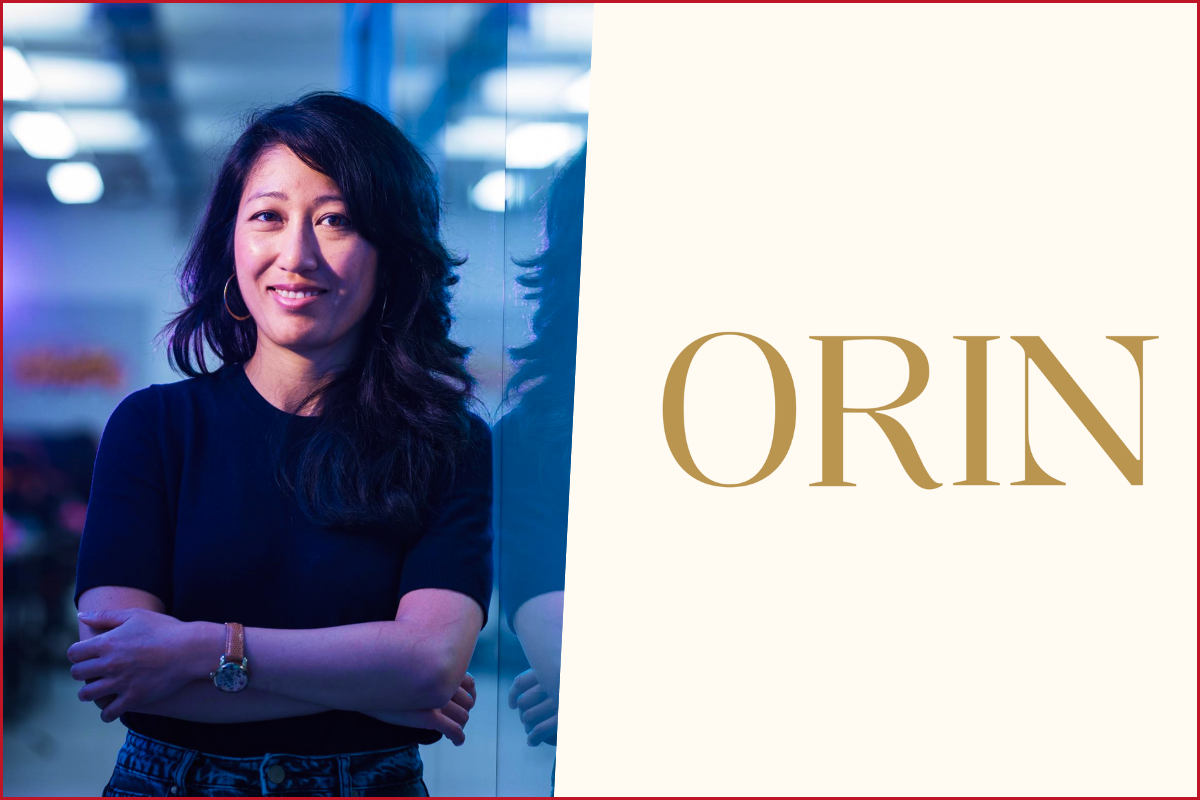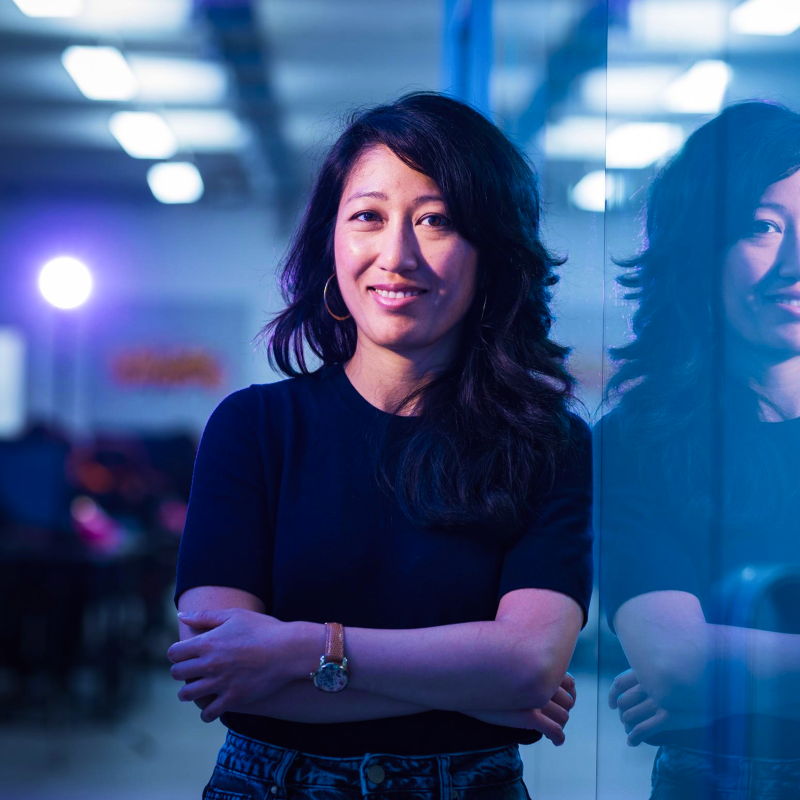Sophie Vo has worn many hats in the gaming industry—producer, founder, coach, and advocate for women leaders.
Through ORIN, her coaching and leadership platform, she helps founders and executives lead with authenticity.
We spoke with Sophie about how self-awareness drives effective leadership, why emotional maturity matters more than product at early-stage startups, and what it takes to build lasting energy in a demanding industry.
You wear several hats—founder, content creator, and coach. How do you prioritize your time across these roles, and what do you say “no” to in order to stay effective?
I divide my week so that 40% of my time as a founder goes to strategic thinking—ORIN, the retreat and coaching programs, the five-year strategy, team growth, and expansion.
Another 40% is dedicated to coaching, which not only creates direct value with founders, leaders, and entrepreneurs but also gives me insights that feed my strategic thinking and allow me to address common leader challenges collectively.
The remaining 20% is content creation—marketing and branding through LinkedIn posts, podcasts, blog writing, and reflections. I focus consistently on these three areas, saying no to activities that don’t contribute, like casual coffees or events without clear business outcomes.
Looking back, which single accomplishment are you most proud of in your career, and what concrete impact did it create for teams or founders?
My proudest accomplishment is ORIN—a culmination of my career, learnings, and aspirations. It creates transformative leadership journeys for women, helping them lead with full authenticity, shaping not only their lives but also their teams, businesses, and the wider social systems they impact.
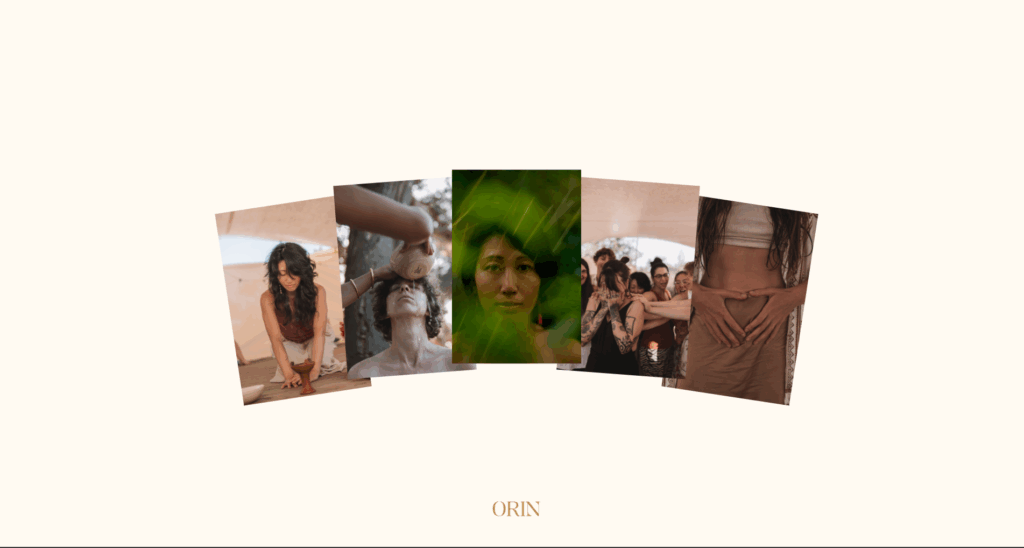
Source: ORIN
On women’s empowerment in games, which initiative you’ve led that moved the needle most, and how do you measure its outcomes (e.g., placements, promotions, retention)?
The game changer for women leaders is reclaiming leadership from a place of authenticity and alignment, not exhaustion and wearing a “mask”.
By building confidence and clarity, supported by a sisterhood of other women leaders, they find the courage to ask for a promotion or to build the businesses they truly believe in.
When coaching founders, what recurring leadership or mindset bottleneck do you see, and what’s one practical exercise you use to unlock it?
The most common blockers I see in founders are a lack of self-awareness and blind spots—old stories like “if I show weakness, I’m unworthy” or “if I fail, I’m not enough.” These narratives drain true leadership performance, leaving founders feeling inadequate and unconscious, seeking recognition and validation through their business to fill a deeper hole of self-worth.
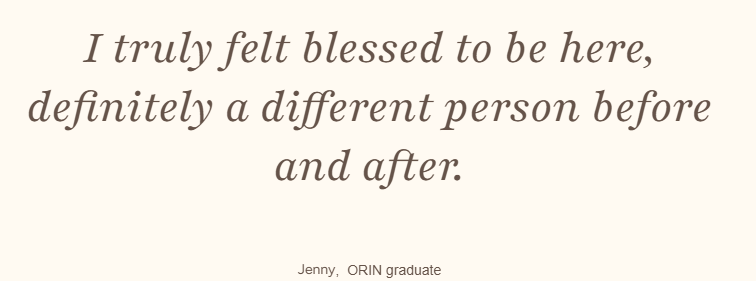
Source: ORIN
From an investor’s lens, what are the top two founder signals you look for at pre-seed/seed in games, and why do those matter more than product at that stage?
I am looking at the level of emotional maturity and self-awareness of founders, because if they are doing constant work of awareness, then they can act on the real blockers and blind spots to make the right decision for the business.
Also, what is their level of courage and ownership to take responsibility to change the course of their company if it is not working.
PlayCap is a new angel network of women with experience from the games industry. We specialize in early-stage investments in game studios, companies, and tech in games

Many leaders struggle with resilience. What’s your go-to routine or practice for maintaining clarity and energy during tough quarters?
To me, this is not the level of resilience that helps with the startup journey, but maintaining clarity and awareness.
And for that, you need energy to preserve your energy in the long run, good sleep, good diet, good physical activity to keep in movement, and a great support system such as advisors, mentors, coach, sometimes therapist to help you see the blind spots, and stay on top of the business instead of being caught in the windmill of the business.
Over the next 12 months, what are your two priority goals—one for investment/venture work and one for coaching/impact—and how can the community best support them?
My priority is to continue to expand ORIN with already two big retreats next year, plus a 12-month accompaniment program of a journey of transformation for women leaders. And we are starting to expand in the U.S. with some of the ORIN graduates who have joined the business.
And on an investment side, I’m not investing capital in any business at the moment, (investing in my own business with that capital), but I’m investing a lot of knowledge, education, coaching support in other businesses, with my coaching practice, or with my work in ORIN, which is a container for entrepreneurship for women who really want to build awesome business, aligned with their soul.

